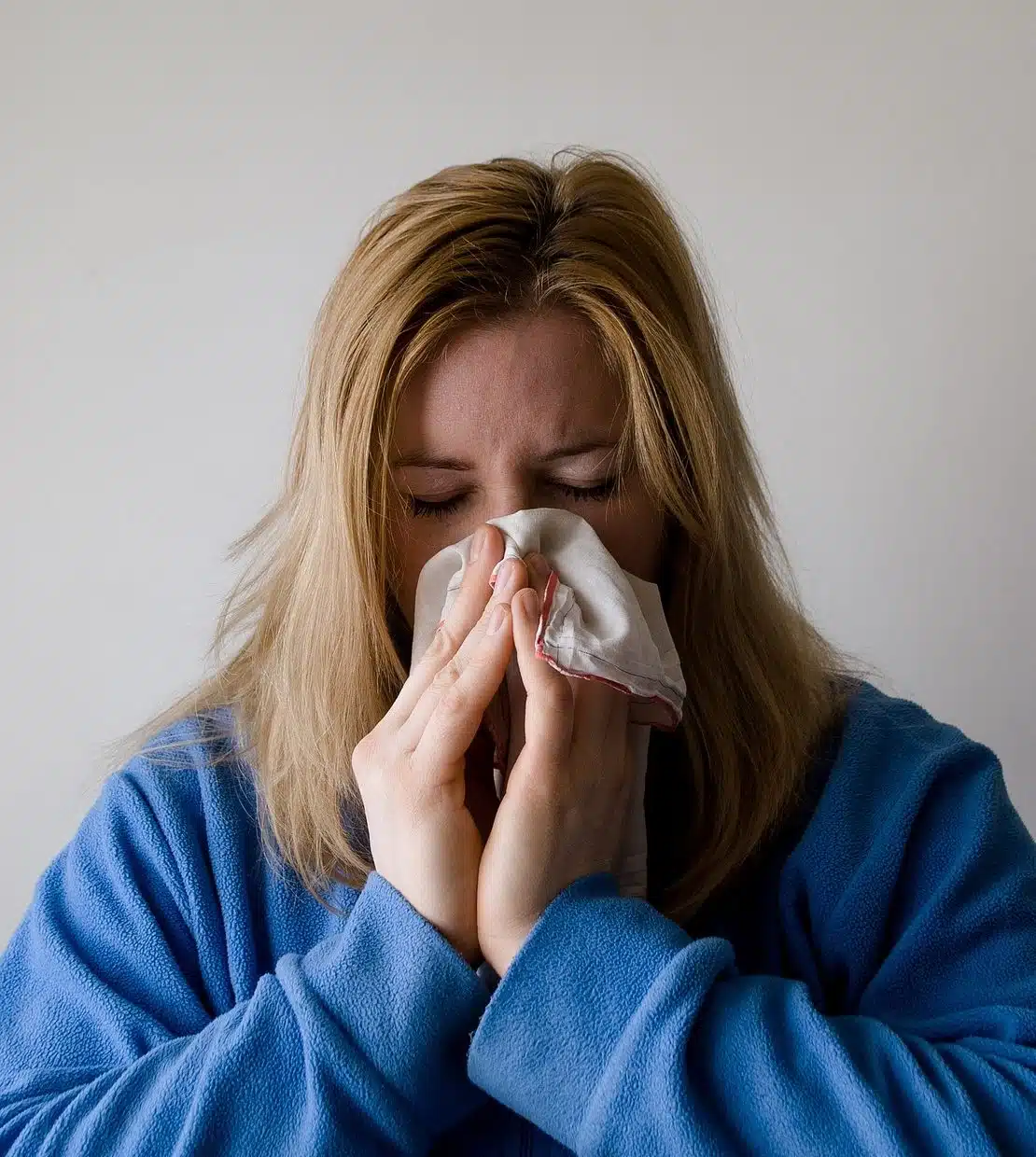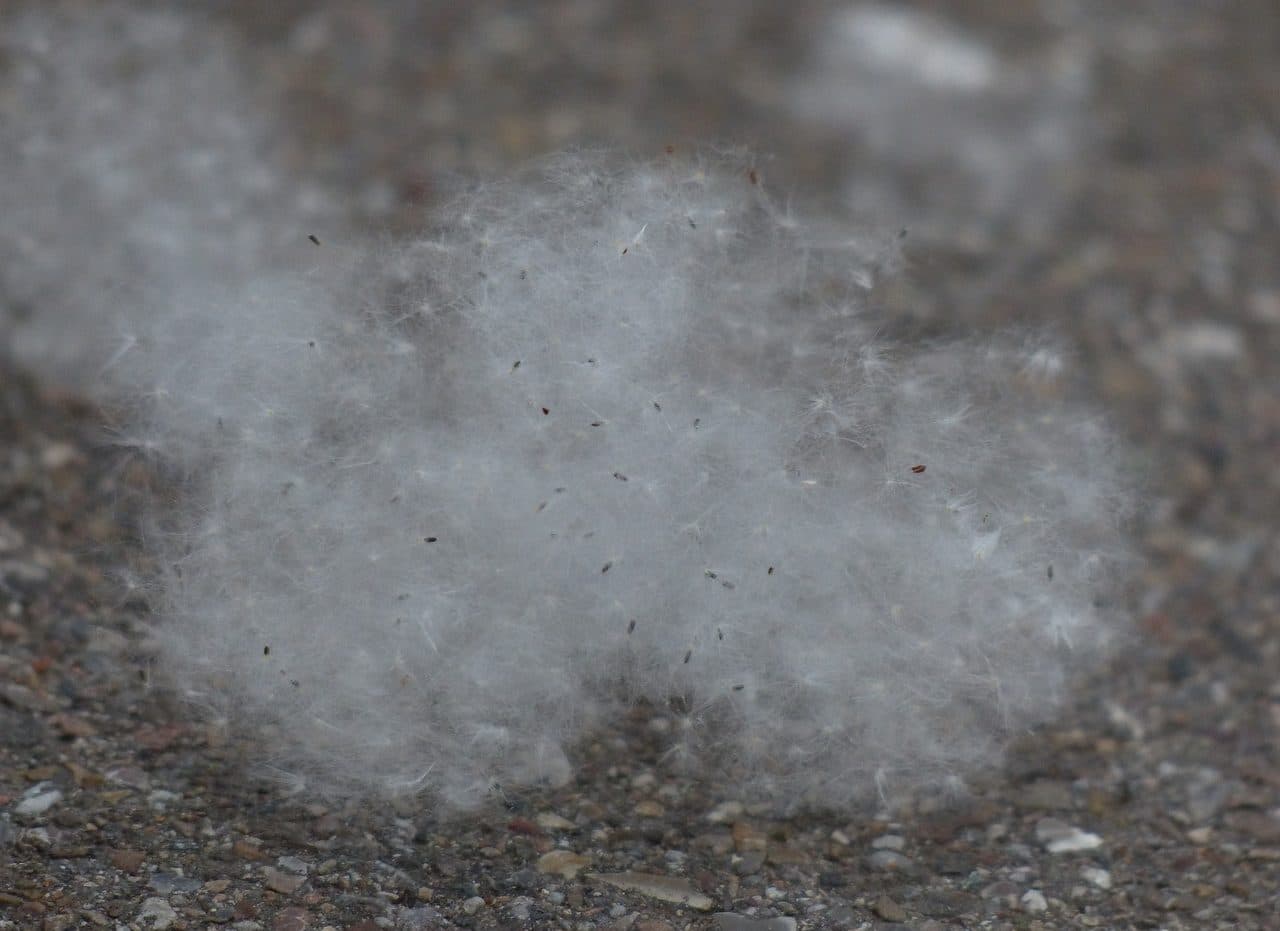
Constant runny nose is one of the characteristics of rhinitis.
Rhinitis is a term used in the field of medicine to name the swelling of the mucosa found in the nasal passages . This inflammation can have different causes.
When rhinitis is caused by the action of allergenic substances, it is called allergic rhinitis . In this case, the nasal mucosal membranes react to the appearance of pollen, animal dander, dust mites or another element that triggers inflammation and other effects linked to rhinitis, such as constant secretions, nasal congestion , itching and frequent sneezing. It is worth mentioning that the name given to this disorder when it occurs due to pollen is hay fever .
It is important to keep in mind that rhinitis does not only affect the nasal passages. When the mucosa becomes inflamed, the throat also becomes irritated and it is common for eye discomfort to appear, with abundant tearing. The person is also likely to experience headaches and other discomforts.
Measures against allergic rhinitis
It is common for allergic rhinitis to be triggered when plants bloom and there are various particles floating in the atmosphere. Regarding triggering factors, it is very important to take as many measures as possible to avoid them, even if it is impossible to protect yourself 100%.
Among the things we can do to minimize our exposure to the triggers of allergic rhinitis are the following:
- Ensure that the amount of dust and mites in the home is reduced to the minimum possible.
- Maintain responsible and constant control of the presence of mold , both in outdoor and indoor spaces.
- Depending on each person's allergy history, avoid getting close to animals and plant pollen .
- Stop doing certain outdoor activities that may promote the appearance of allergic rhinitis.
Some of the measures just explained may lead to the need to make other decisions regarding the organization of the home:
- Proceed differently when carrying out general cleaning .
- Install filters in any device or part of the house through which dust or particles from the air can enter and cause allergic rhinitis.
- Remove carpets to reduce the amount of dust that settles in the room and facilitate cleaning tasks.
- Use a dehumidifier to make the air in your home drier.
- Tell our pets to eat and sleep in new places in the house.

Various elements present in the air can cause allergic rhinitis.
The treatment
To treat this rhinitis, doctors usually prescribe corticosteroids or antihistamines. The latter are very effective in treating symptoms of short duration or sporadic appearance. Most antihistamines are available without a prescription and are available in capsules, pills, or liquid .
As an interesting fact, it is known that ancient antihistamines could cause drowsiness and even interfere with processes such as learning or the use of certain work tools that require great concentration; The current ones, on the other hand, do not have collateral effects of this magnitude, although some of them remain with less intensity.
Other classifications of rhinitis
Rhinitis can also develop due to the action of a bacteria or virus ( infectious rhinitis ), due to changes in hormones ( hormonal rhinitis ) or due to physical alterations of the nose such as a deviated septum or the appearance of a tumor ( mechanical rhinitis ). .
According to the permanence and evolution of rhinitis, doctors distinguish between chronic rhinitis and acute rhinitis . Chronic rhinitis lasts six months or more, while acute rhinitis ends in a shorter period .
